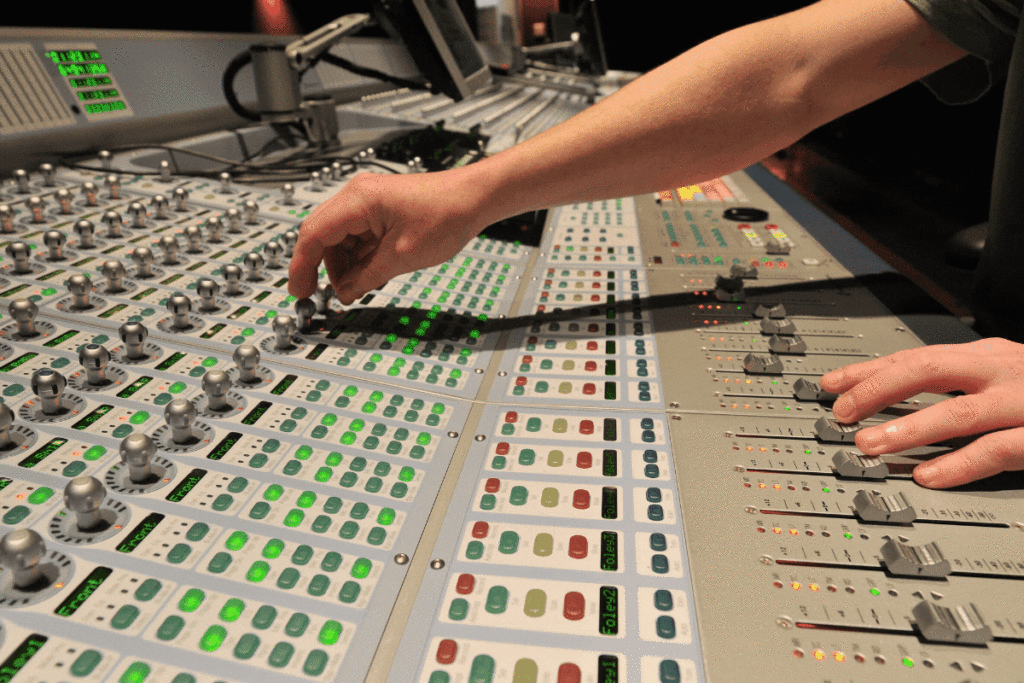Mixing Engineer Career Profile, Salary & Job Outlook
What does a Mixing Engineer do?
Mixing Engineers combine the different elements of a recording session into a final mix in preparation for mastering. They also assemble various tracks into a cohesive production in a multitrack recording by adjusting sonic levels, equalization, compression, and adding effects.
How much does a this career make?
According to ZipRecruiter, Mixing Engineers maintain a national hourly wage of $14.90-45.90 in 2021. In general, this amounts to an average annual salary of $31,000 to $95,500 with the range widely depending on factors including skill and seniority level.
What impact does this career have towards the music industry?
Mixing Engineers elevate the level of quality of a recording. They ensure vocals, instruments, and tracks are heard at an optimum level so that audio is balanced.
What is the job outlook for a Mixing Engineer?
Forecasts have shown that music revenue will more than double to about $131 billion by 2030. According to the U.S. Bureau of Labor Statistics (BLS), job opportunities in the field (including Mixing Engineer) are expected to grow at a rate of 9% during the 2019-2029 decade (www.bls.gov).
How to kick-off your career:
- Study and familiarize yourself with soundboards.
- Study music theory.
- Explore the Clive Davis Institute at NYU x Billboard’s Music Essentials online course.
- Download Yellowbrick’s Ultimate Music Career Guide.

Learn from:
Pete Rock
Music Industry Essentials contributor, Producer and DJ
Related Careers
Audio Engineer | Mastering Engineer | Studio Engineer | Studio Maintenance Engineer | Studio Owner | Studio Manager | Music Producer



